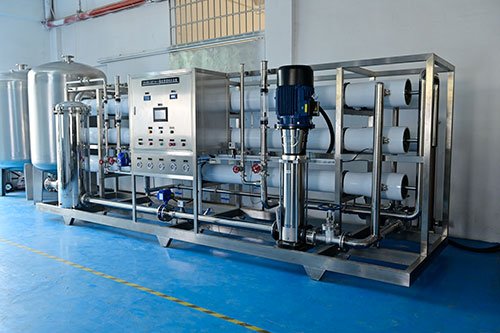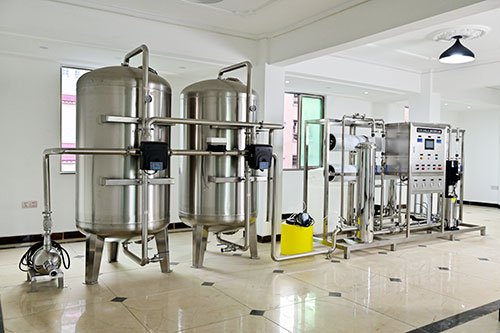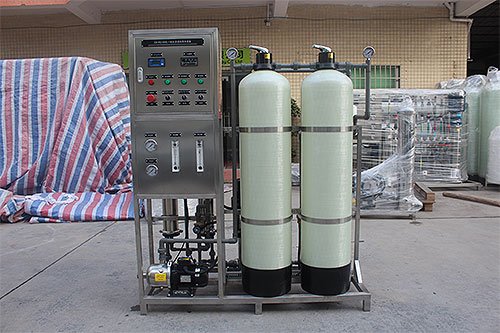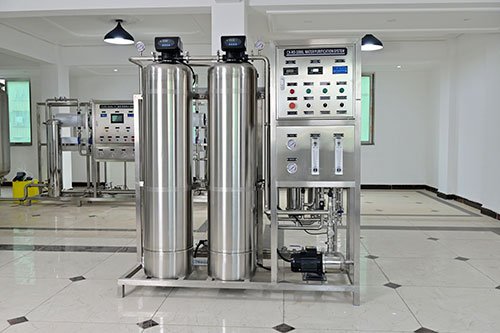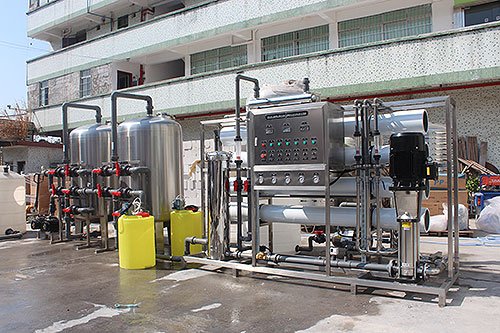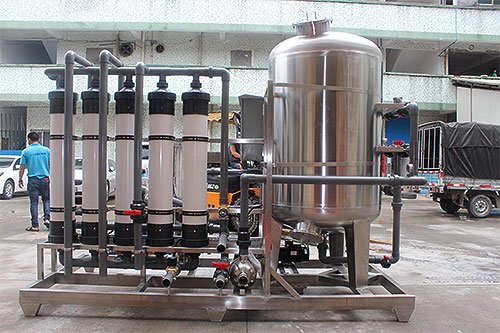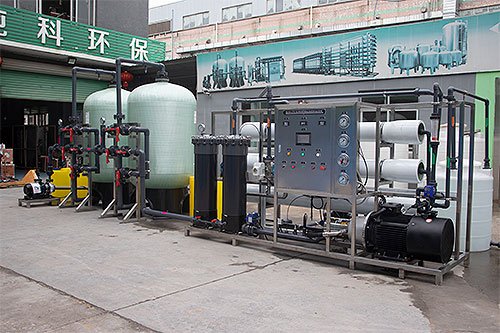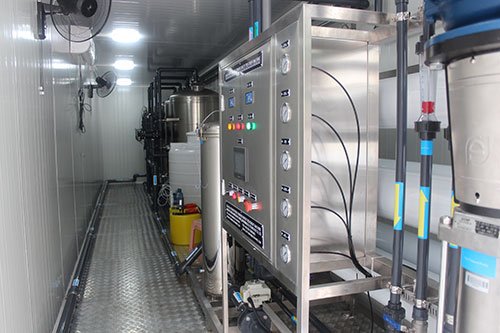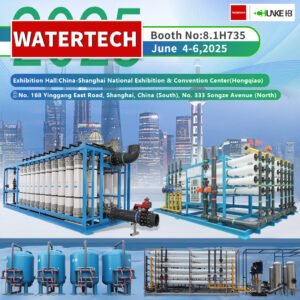Reverse Osmosis Water Treatment in Mozambique
CHUNKE projects of Reverse Osmosis Water Treatment in Mozambique including different types of water treatment systems.
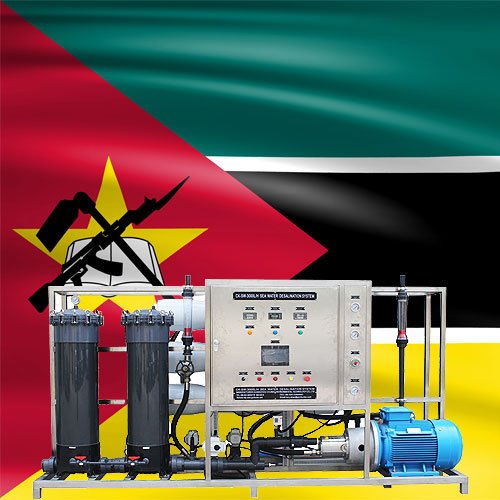
Mozambique, officially the Republic of Mozambique (República de Moçambique, pronounced [ʁɛˈpuβlikɐ ðɨ musɐ̃ˈbikɨ]), is a country located in southeastern Africa bordered by the Indian Ocean to the east, Tanzania to the north, Malawi and Zambia to the northwest, Zimbabwe to the west, and Eswatini and South Africa to the southwest. The sovereign state is separated from the Comoros, Mayotte and Madagascar by the Mozambique Channel to the east. The capital and largest city is Maputo.
Notably Northern Mozambique lies within the monsoon trade winds of the Indian Ocean and is frequentely affected by disruptive weather. Between the 7th and 11th centuries, a series of Swahili port towns developed on that area, which contributed to the development of a distinct Swahili culture and dialect. In the late medieval period, these towns were frequented by traders from Somalia, Ethiopia, Egypt, Arabia, Persia, and India.
The current population of Mozambique is 33,570,039 as of 2023, based on the latest United Nations data. At 309,475 sq mi (801,537 km2), Mozambique is the world’s 35th-largest country. Mozambique is located on the southeast coast of Africa and is bound by Eswatini to the south, South Africa to the southwest, Zimbabwe to the west, Zambia and Malawi to the northwest, Tanzania to the north and the Indian Ocean to the east. So, water treatment in Mozambique is very important.
Water Sources in Mozambique
Between 1970 and 2019, Mozambique renewable water resources remained stable at around 217.1 billion cubic meters per year. In 2020, total area equipped for irrigation for Mozambique was 118 thousand hectares. Total area equipped for irrigation of Mozambique increased from 28 thousand hectares in 1971 to 118 thousand hectares in 2020 growing at an average annual rate of 3.09%.
- Renewable surface water: 214.1 billion cubic meters per year
- Renewable groundwater: 17 billion cubic meters per year
- Renewable water resources per capita: 7,149.4 cubic meters per year
- Irrigated Area: 118.000 hectares
Meanwhile, CHUNKE provides wide range of filtration and economical solutions based on the Mozambique’s water resources and ourwater treatment in Mozambique becomes more popular.
Mozambique’s main water resources are:
- Surface water is water from river, lake which can be treated using different methods, such as Ultrafiltration Systems, Brackish Water RO accordingly.
- Desalination can be used for water from ocean, or sea source, which can be treated using Sea Water Reverse Osmosis Systems; Desalination Systems
- Ground Water or brackish water is from water located in the pore space of soil and rock “Borehole well”, which can be treated using Reverse Osmosis Systems, Borehole Water Filtration Systems, Well Water Filtration Systems, Chemical Dosing, UV Water Sterilizer accordingly.
- Government water supply, which could have high level of hardness or high level of chlorine, can be treated with Water Softener System, Media Water Filters.
Water Challenges & Shortages in Mozambique
The poor state of the water supply and sanitation in Mozambique is characterized with issues in the country such as:
- Insufficient access to basic water sources
- Low levels of entry to efficient sanitation facilities
- Bad service quality
- Inadequate distribution of water and sanitation in rural areas
- No current government strategy for urban sanitation
CHUNKE provides a wide variety of advanced water purification systems, testing and process design water treatment in Mozambique, which include:
Water Monitoring & Testing Instruments
Designing and engineering first-rate water treatment systems such as:
- Reverse osmosis
- Ion exchange
- Electrodeionization
- Wastewater treatment
- Ultrafiltration
- Ozonation
- Effluent treatment
- Nanofiltration
- Water softener systems
- Containerized equipment
- UV Sterilizers
Reverse Osmosis System in Mozambique
Over half of the country lives without clean water, and three in four people have no decent toilet. Dangerous diarrhoeal diseases are common. High levels of poverty make building and maintaining services difficult. And the Government needs support to make its commitments and plans a reality.
Reverse Osmosis System solve most of water problems in Mozambique. Reverse Osmosis can remove salt, hardness, bacteria, viruses and all dangerous chemical and matters in water source.

